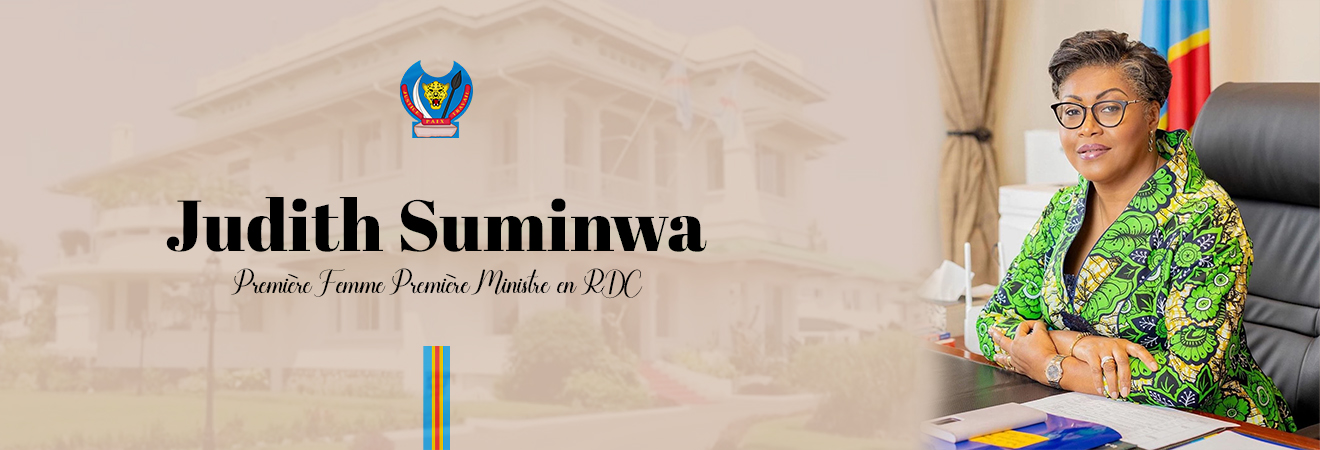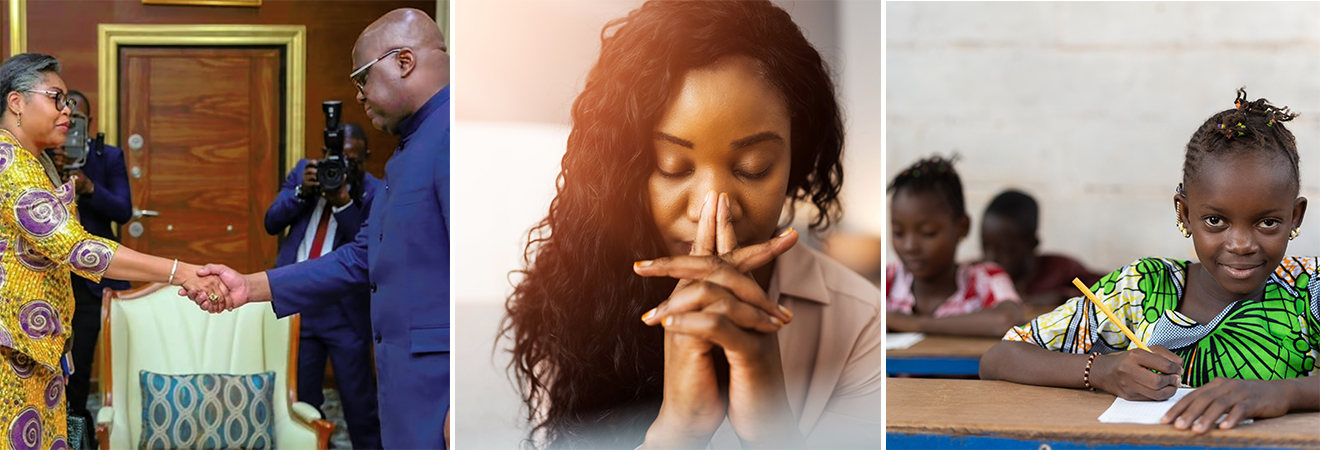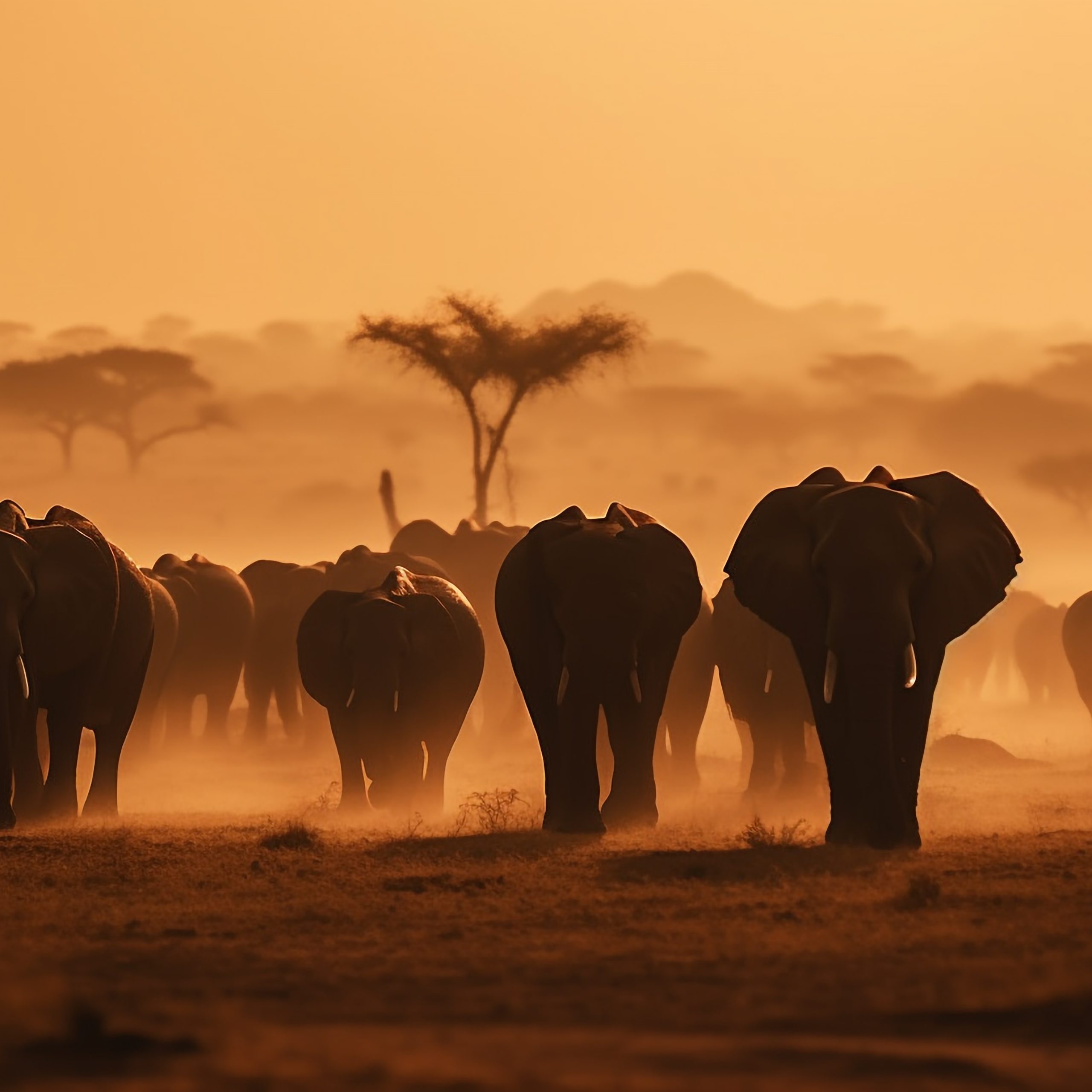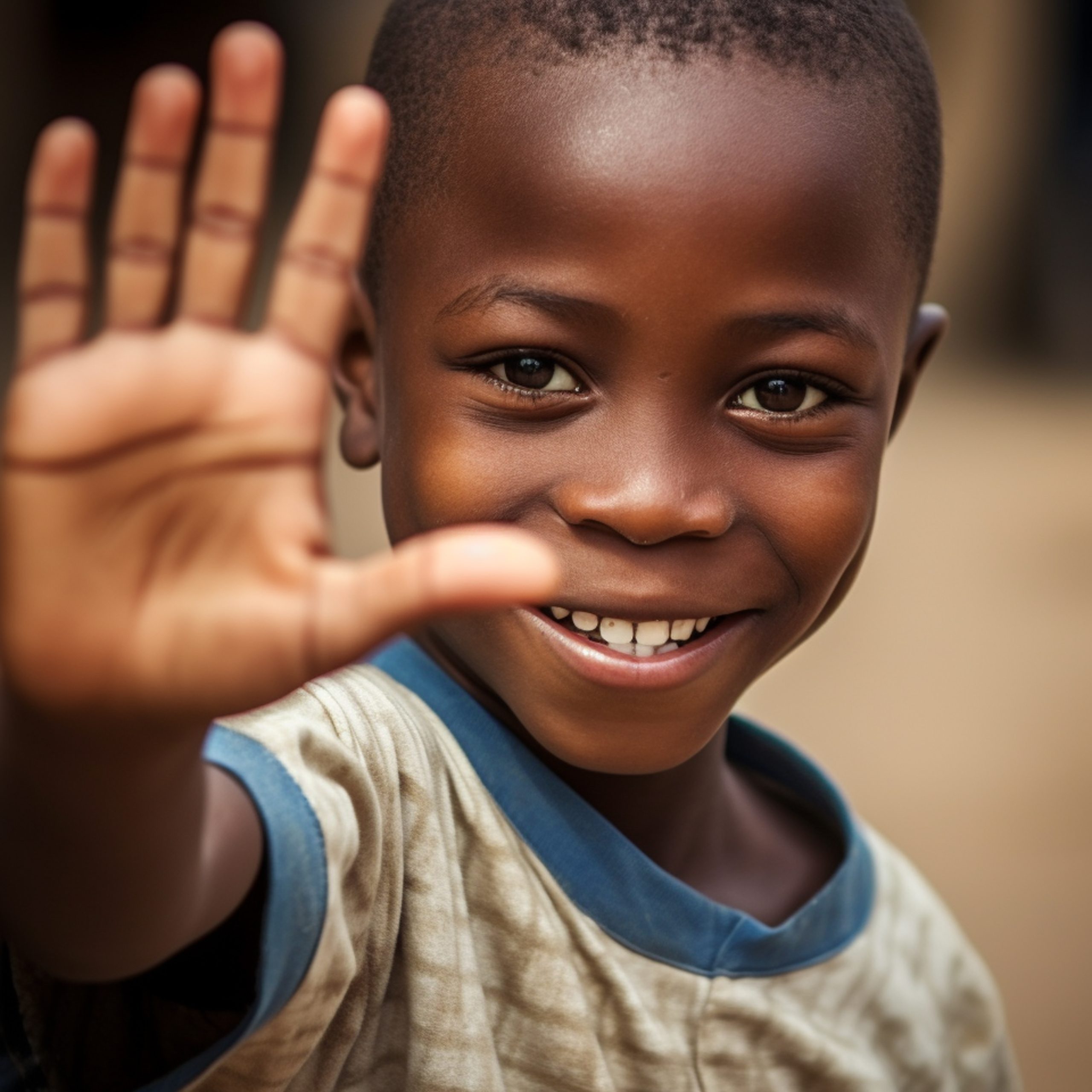Breaking Barriers for women in a political landscape: Judith Suminwa’s Historic Appointment as the First Female Prime Minister of the Democratic Republic of Congo
In a groundbreaking move that marks a historic milestone for both the Democratic Republic of Congo (DRC) and women in leadership, Judith Suminwa has been appointed as the first female Prime Minister of the country in early April. This significant achievement not only shatters traditional gender barriers but also opens a new era of possibilities and empowerment for young females in the DRC and beyond in the political landscape, showcasing the increasing role of women in positions of power and decision-making.
In fact, women in the DRC face numerous obstacles when aspiring to political positions. Deep-rooted societal norms and cultural biases perpetuate gender inequality, limiting their access to leadership roles. Discriminatory attitudes, lack of support networks, and unequal opportunities further compound the challenges they face in politics. Additionally, limited resources, funding constraints, and a male-dominated political sphere create barriers for women seeking to effect change and advocate for gender equality. Despite these challenges, Suminwa’s recent appointment signals a gradual shift towards gender inclusivity and empowerment in Congolese politics for women.
As the new Prime Minister, she brings with her a wealth of experience and a fresh perspective on governance. Her appointment not only breaks traditional gender barriers but also paves the way for inclusive leadership that reflects the diversity of the nation. Suminwa’s leadership is poised to bring about positive changes, promote gender equality, and foster a more inclusive society where women can thrive and contribute meaningfully.
A Profile of Leadership and Expertise Leading
Judith Tuluka Suminwa holds a master’s degree in labor sciences, Administration, and Personnel Management, specializing in work in developing countries from the Université Libre de Bruxelles (ULB). She also has a bachelor’s degree in applied economics with a focus on financial management from the Facultés Universitaires Catholiques des Mons (FUCAM) in Belgium. Her career trajectory includes roles in the banking sector, the United Nations Development Programme (UNDP), serving as an advisor to former Budget Minister Daniel Mukoko Samba, and later as the Minister of Planning in the Sama Lukonde II government.
Judith Suminwa’s background and professional experience in various sectors, and her record of accomplishment of effective leadership roles have undoubtedly contributed to her selection as the first female Prime Minister of the Democratic Republic of Congo. Her blend of expertise in economics, development, and strategic planning positions her as a capable leader poised to tackle the significant challenges facing the country.
Once more her educational and professional background empowers her to help achieve the vision of President Felix Antoine Tshisekedi for the country. The people of DRC are expecting her to raise the bar that most of his predecessors had deemed too low. They have not served the country to the best of their ability as judged by the population, that continues to suffer because of some of the choices made by them.

Proposed Policy Agenda for Addressing Key Issues in the D RC
In fact, the new prime minister Judith Suminwa Tuluka’s proposed policy agenda aligns with addressing key issues in the DRC, spanning governance, economy, social welfare, and gender equality. As she embarks on her tenure as Prime Minister, her experience, vision, and commitment to the development of the country position her as an eventual transformative leader with the potential to drive positive change and progress in the DRC.
In her first words as the new Prime Minister, Judith Suminwa affirmed that “the task is enormous, the challenges immense,” while stating that the president can rely on her “great loyalty.” She notably helped in the management of President Félix Tshisekedi’s program covering 145 territories. Her current position will enable her to inject new vitality into this extensive national reconstruction initiative.
Her commitment to supporting President Tshisekedi’s agenda and her role in the CPVS demonstrate her dedication to monitoring and evaluating the government’s strategic commitments. By fostering collaboration with different political forces within the “Union Sacrée coalition,” she aims to promote political stability and effective governance in the country.
By leveraging her expertise in economics and development, she aims to implement sustainable economic policies that uplift the living standards of the Congolese people. One of the core pillars of Suminwa’s proposed policy agenda will focus on economic revitalization and poverty alleviation. Despite the DRC’s vast mineral wealth, a significant portion of the population lives below the poverty line. Suminwa’s agenda includes plans to create jobs, diversify the economy, develop agriculture, and protect household purchasing power.
She also pledged to work for peace based on the commitments defined by the President of the Republic, aiming to enable Congolese citizens to benefit from their resources. As she takes on the mantle of Prime Minister, Judith Suminwa’s commitment to peace, loyalty to the President, and dedication to leveraging the country’s resources for the benefit of its citizens indicate a leader who is focused on driving positive change and progress.
The Prime minister also recognizes the urgency of addressing social welfare challenges in the DRC, particularly the displacement of millions of people due to conflicts, especially in the Eastern regions. Her agenda prioritizes initiatives to provide support for internally displaced persons, promote social cohesion, and address the root causes of violence and instability. By drawing on her experience in development projects in the East of the DRC, Suminwa seeks to implement targeted policies that improve the well-being of vulnerable populations.
Breaking Barriers: bring a higher contribution of women in Politics in the DRC
Women in the Democratic Republic of Congo (DRC) continue to face significant challenges in achieving equal representation in political leadership roles. Despite constituting 63% of the electorate, their presence in government positions remains dismally low at just 7.2%. This underrepresentation extends across various positions, with men predominantly occupying leadership positions in government, national assembly, major institutions, civil society organizations, and female-focused service providers.
Efforts to empower Congolese women must involve systemic changes that address the root causes of gender inequality. This includes challenging cultural stereotypes, expanding access to education, promoting women’s participation in decision-making processes, and enhancing their representation in leadership roles. By acknowledging and rectifying these disparities, the DRC can harness the full potential of its female population, fostering a more inclusive and equitable society for all.
To address this imbalance, it is imperative to promote the representation of women in public decision-making processes, aiming for at least 50% female participation. By creating opportunities for women to engage in conflict prevention, peacebuilding, and the reconstruction of the DRC, a transformative leadership culture can be cultivated, enhancing the overall development and stability of the nation.
In fact, by shattering stereotypes and defying expectations, Suminwa paves the way for other women to pursue political ambitions and contribute meaningfully to governance and policymaking.
As the first female Prime Minister of the DRC, Judith Suminwa’s historic achievement is not just a personal triumph but a victory for all women who dare to defy expectations, challenge stereotypes, and carve out their place in male-dominated spheres. Her leadership will inspire a new generation of female leaders, instilling in them the belief that they too can shape the future of their nation and make a lasting impact on society.
Her journey serves as a testament to the resilience, talent, and potential of women everywhere, urging young females to embrace their uniqueness, pursue their goals with fervor, and strive for greatness in all their endeavors.

For young females in the DRC, her appointment sends a powerful message that their voices matter, their ambitions are valid, and their potential is limitless. It encourages them to break free from societal norms and pursue their aspirations with confidence, knowing that they too can reach the highest echelons of power and influence. By seeing a woman at the helm of the government, young females are encouraged to dream big, aim high, and strive for excellence in their chosen fields, knowing that nothing is beyond their reach showing that the doors can be open for all despite gender.
Her success in that field will underscore the importance of fostering inclusive political environments that embrace diversity and promote gender parity. By amplifying the voices of women and championing their rights, Suminwa’s leadership exemplifies the transformative power of female empowerment in shaping the future of Congolese politics.



